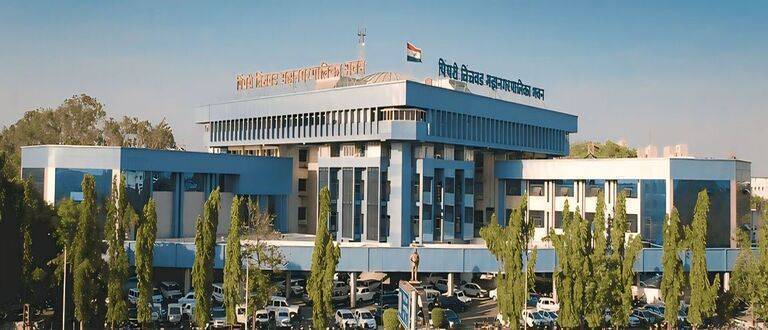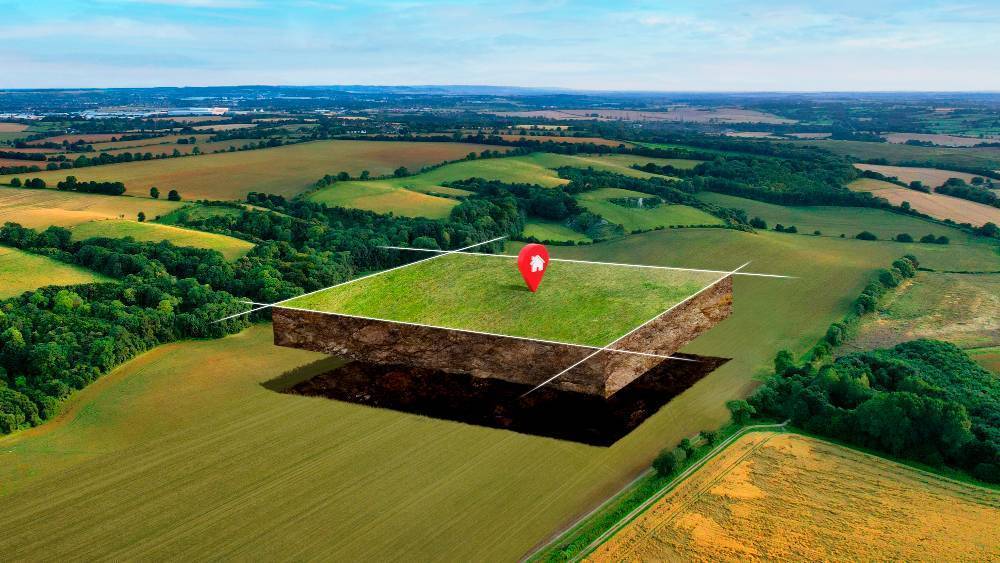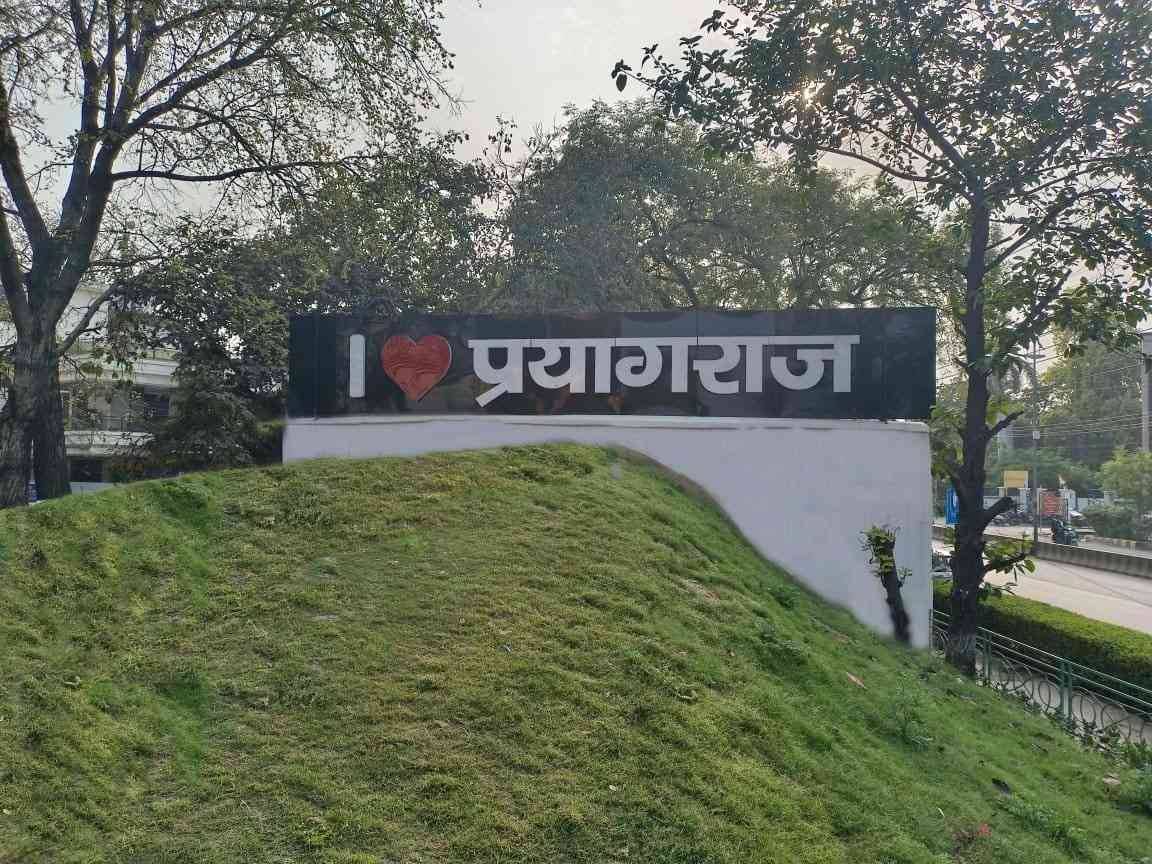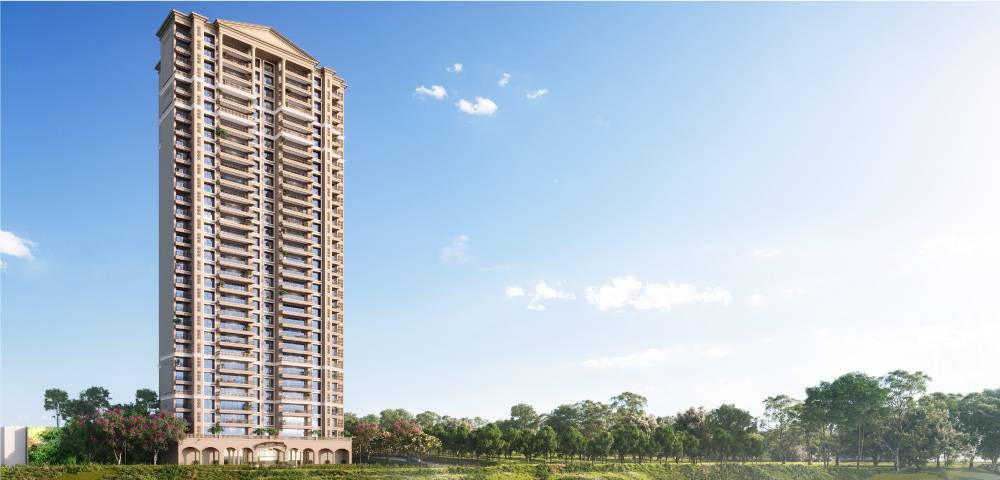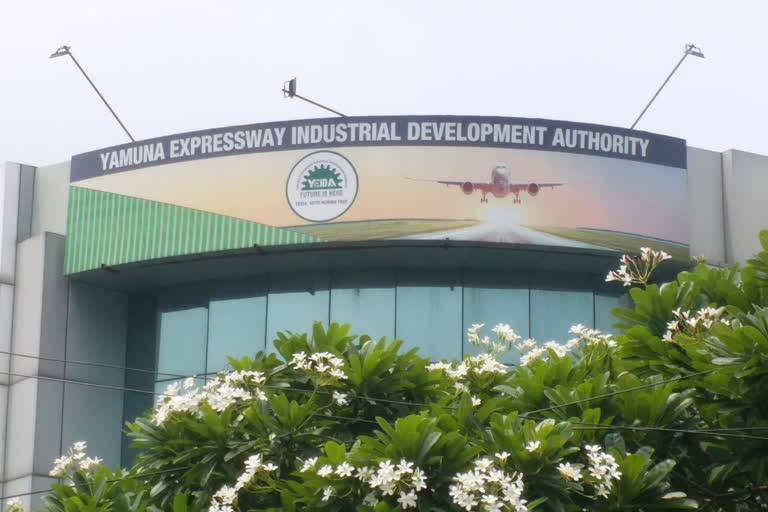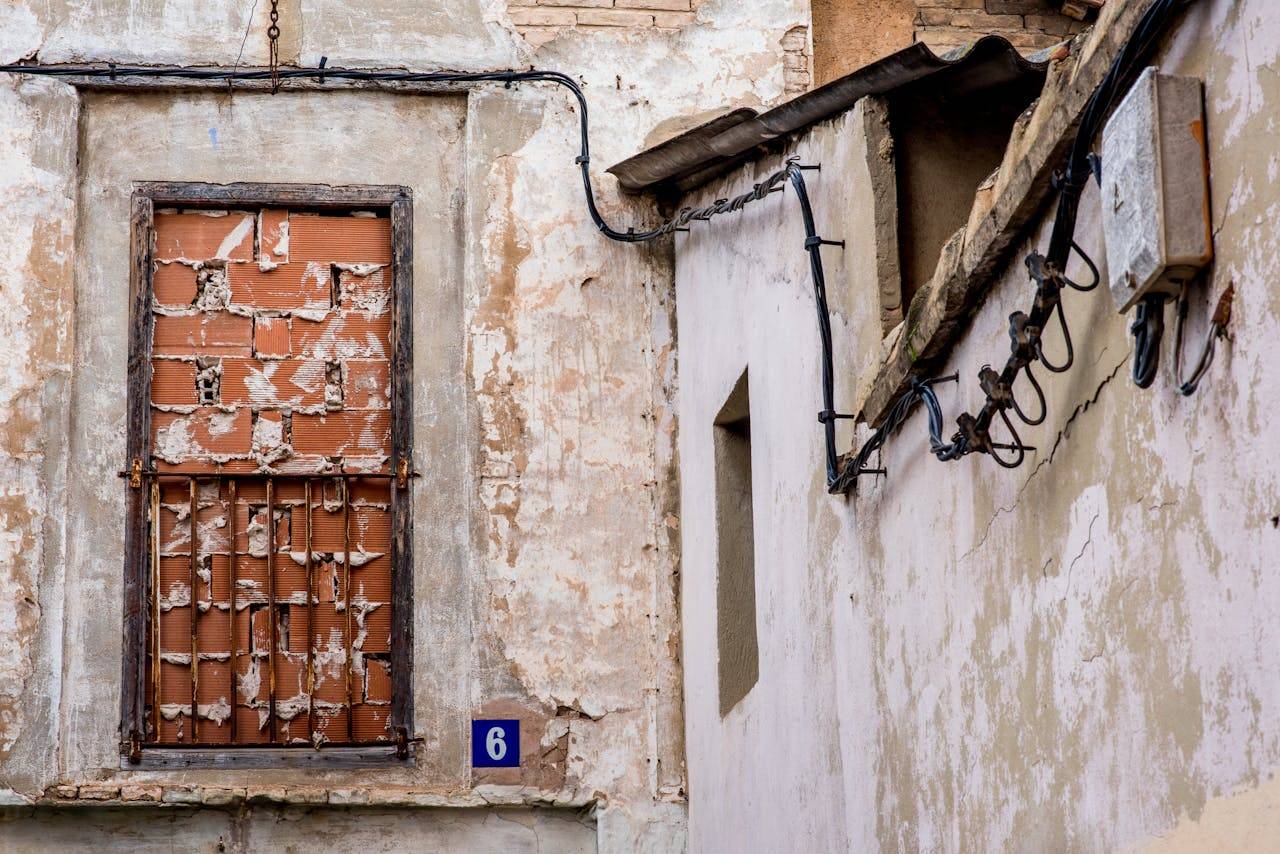The Pimpri Chinchwad Municipal Corporation (PCMC) has initiated legal action against a growing number of property tax defaulters whose cheque payments have bounced. The civic body is moving to enforce stricter collection measures as dishonoured cheques continue to disrupt tax recovery efforts.
Data from the PCMC property tax department shows that in March 2025 alone, 780 cheques worth ₹10.15 crore were returned unpaid — the highest number recorded in recent years. The issue has become particularly pronounced during the final quarter of the financial year, when the civic body intensifies its tax collection drive.
Among the worst-affected localities, Thergaon topped the list in March, with 235 bounced cheques linked to ₹3.71 crore in unpaid dues. Bhosari followed with 97 dishonoured cheques amounting to ₹1.57 crore. Both areas have a high concentration of industrial and commercial properties, where cheques are a common mode of payment.
Under its current enforcement process, PCMC has begun sending notices to defaulters, providing a two-week window for them to clear their outstanding dues. If payments are not received within this period, the corporation will initiate property attachment proceedings. Once a property is attached, the owner will be required to clear all dues, including applicable penalties, before full ownership rights can be restored.
PCMC officials attribute the rise in cheque bounce cases to a recurring pattern during the final quarter. During this period, recovery teams visit defaulters more frequently to encourage payment of arrears. In response, many property owners issue post-dated cheques to avoid immediate enforcement action, but a significant number of these cheques later bounce due to insufficient funds.
This trend not only delays the collection of property tax but also increases the administrative workload on civic staff. Handling dishonoured cheques requires additional resources, from issuing notices to pursuing legal remedies, which further strains the department’s capacity.
The PCMC property tax department currently manages 6.3 lakh registered properties. In the last fiscal year, it collected ₹966 crore in property tax revenue. Despite the rise in cheque-related defaults, cheques remain a popular payment method among taxpayers. Records indicate that over ₹200 crore in property tax is paid annually via cheques.
Although the option of discontinuing cheque payments was considered, the civic body ultimately chose not to implement a blanket ban, recognising that many genuine taxpayers also rely on this method. However, the possibility of restricting cheque payments during March — the peak period for defaults — is under review.
PCMC is also considering promoting digital payment options to streamline collections and reduce the risk of cheque bounces. Encouraging taxpayers to adopt online and direct bank transfer methods is seen as a potential way to enhance efficiency and improve the reliability of revenue collection.
For now, the immediate focus remains on addressing the backlog of dishonoured cheques from March and ensuring that defaulters comply with legal requirements. Notices have already been sent, and property attachment proceedings will begin against those who fail to settle their dues within the stipulated two-week period.
Officials are emphasising the importance of timely and valid payments and warning that continued non-compliance will result in stricter enforcement measures, including the loss of property rights through formal attachment processes.

